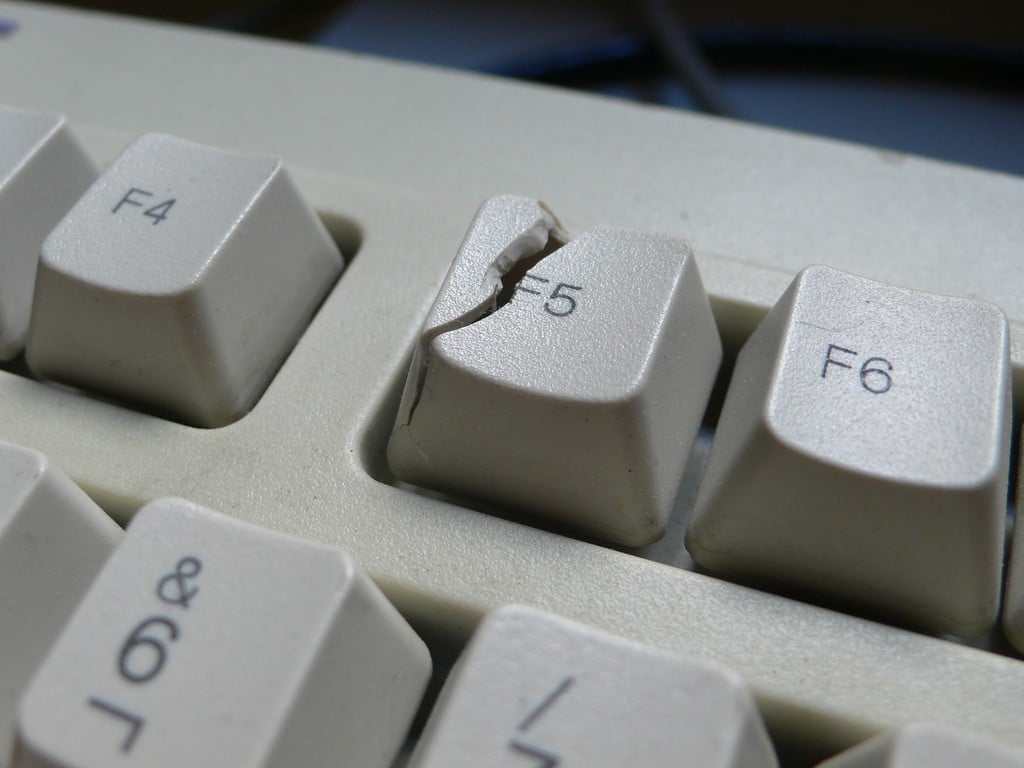

Buy external drives. Don’t run them in RAID, use one to store backups and plug it in once or twice a week to copy data to it.
The secret to RAID is that it doesn’t buy you data protection, it buys you uptime to access data while a device in the array is failed. This is most valuable to businesses that can’t afford the downtime that recovery from a backup incurs. The most paranoid RAID will still fail sooner or later, due to hardware or software failure, and as a home user with a limited budget you’re far better off having one offline backup that you can use to recover data from once that happens.
Backup only data you can’t afford to lose (eg: don’t backup downloaded data that can be replaced easily, like a game or movie collection) and your backups will be much more manageably sized and you won’t need to spend as much on your backup drive. If a backup disk is too much for your budget you can always exploit cloud backup plans, backblaze PC backup has no limit on the size of your backups and only charges something like ~$60/yr.
Edit: It’s also worth thinking about what kind of data you’re storing and splitting that data across multiple devices if possible. If you’re storing bulk data where performance isn’t critical, like backups from other machines or a movie collection, you can pay a much lower price by buying a hard drive instead of flash. Even if only some of your data requires fast flash you can still use a cheaper HDD to store bulk data and buy a smaller flash drive for performance sensitive tasks. When I build NAS I split my data two pools, one bulk pool of HDDs and one much smaller fast pool comprised of flash storage. Put performance critical data on flash, put bulk storage on HDDs, this will allow you to spend less on bulk and still have fast storage performance for tasks that require it. A 512GB or 1TB SSD alongside a 4TB, 6TB or 8TB HDD is significantly cheaper than spending on a 4TB or 8TB SSD.
Shop eBay for refurbished storage, it’ll be significantly cheaper than spending on brand new drives.


Don’t just look at sdb hits in the log. Open up that entire session in journalctl kernel mode (
journalctl -k -bNwhere N is the session number in session history) and find the context surrounding the drive dropping and reconnecting.You’ll probably find that something caused a USB bus reset or a similar event before the drive dropped and reconnected. if you find nothing like that try switching power supplies for the HDD and/or switching USB ports until you can move the drive to a different USB root port. Use
lsusb -tand swap ports until the drive is attached beneath a different root port. You might have a neighboring USB device attached to the bus that’s causing issues for other devices attached to the same root port (it happens, USB devices or drivers sometimes behave badly.)Always look at the context of the event when you’re troubleshooting a failure like this, don’t just drill down on the device messages. Most of the time the real cause of the issue preceded the symptom by a bit of time.